I’m not sure that Magpies, Jays and Jackdaws really deserve the reputation as thieves, I suspect they’re only trying to survive. If picking up the odd glittery piece makes them a thief, well I’d say that’s our problem, not theirs. Culturally we’re not enthusiastic about thieves, we get huffy when something we own, value or need is taken from us. But we don’t get huffy about woodpeckers banging holes in trees, although I suspect the trees might take a dim view of it.
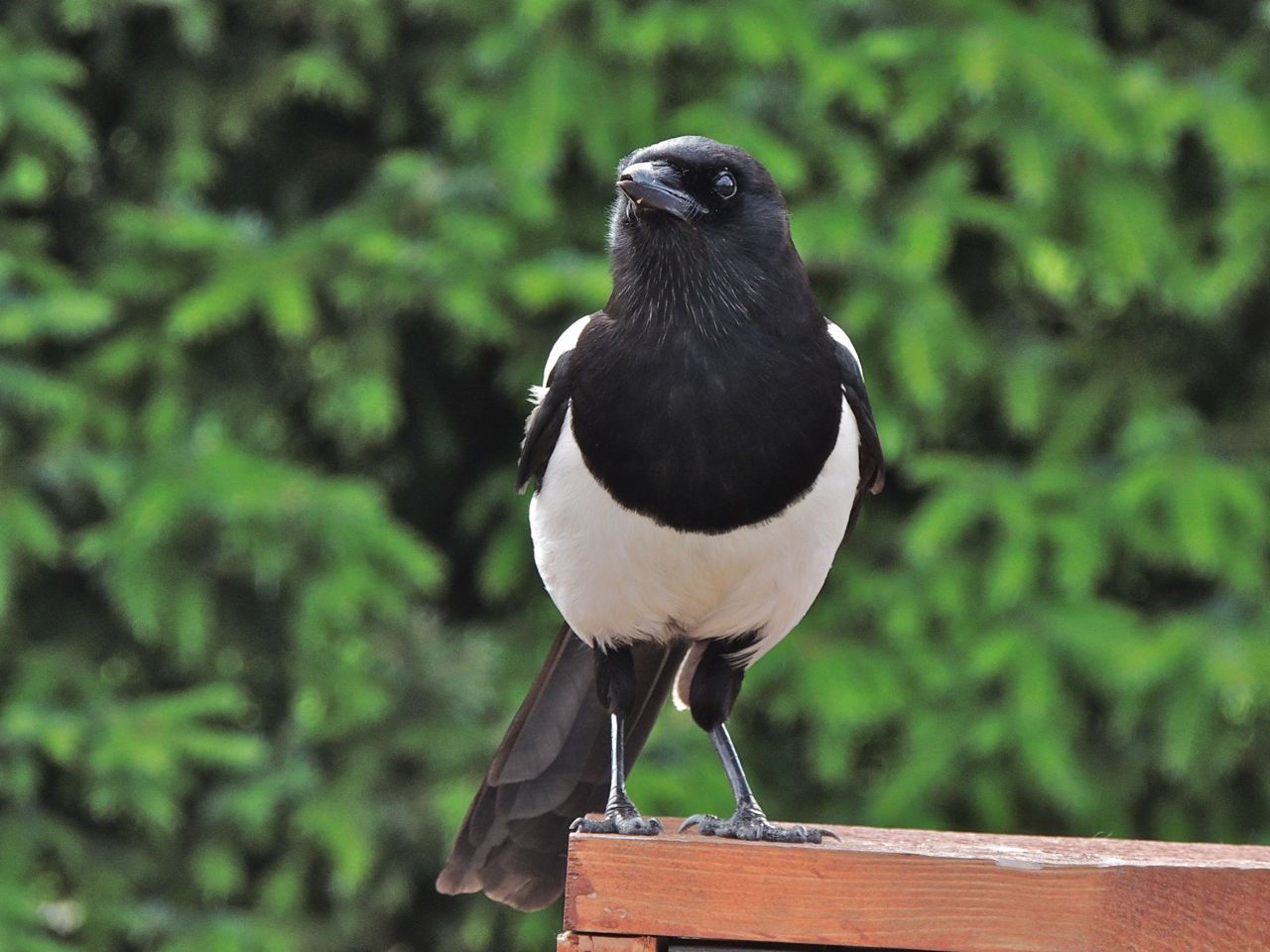
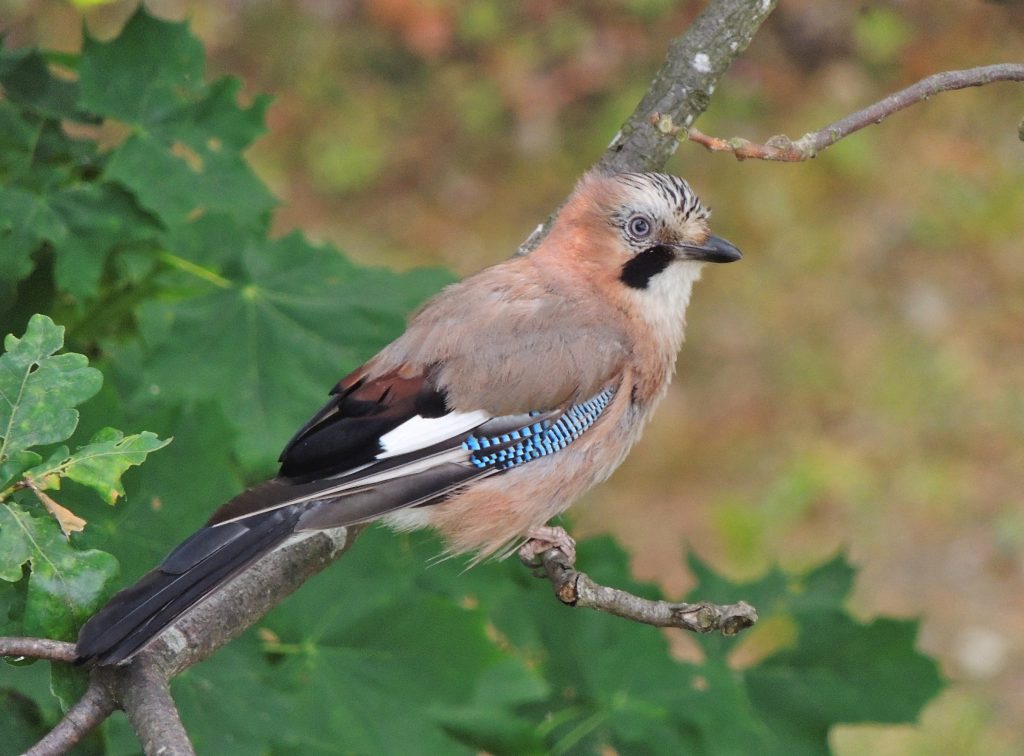
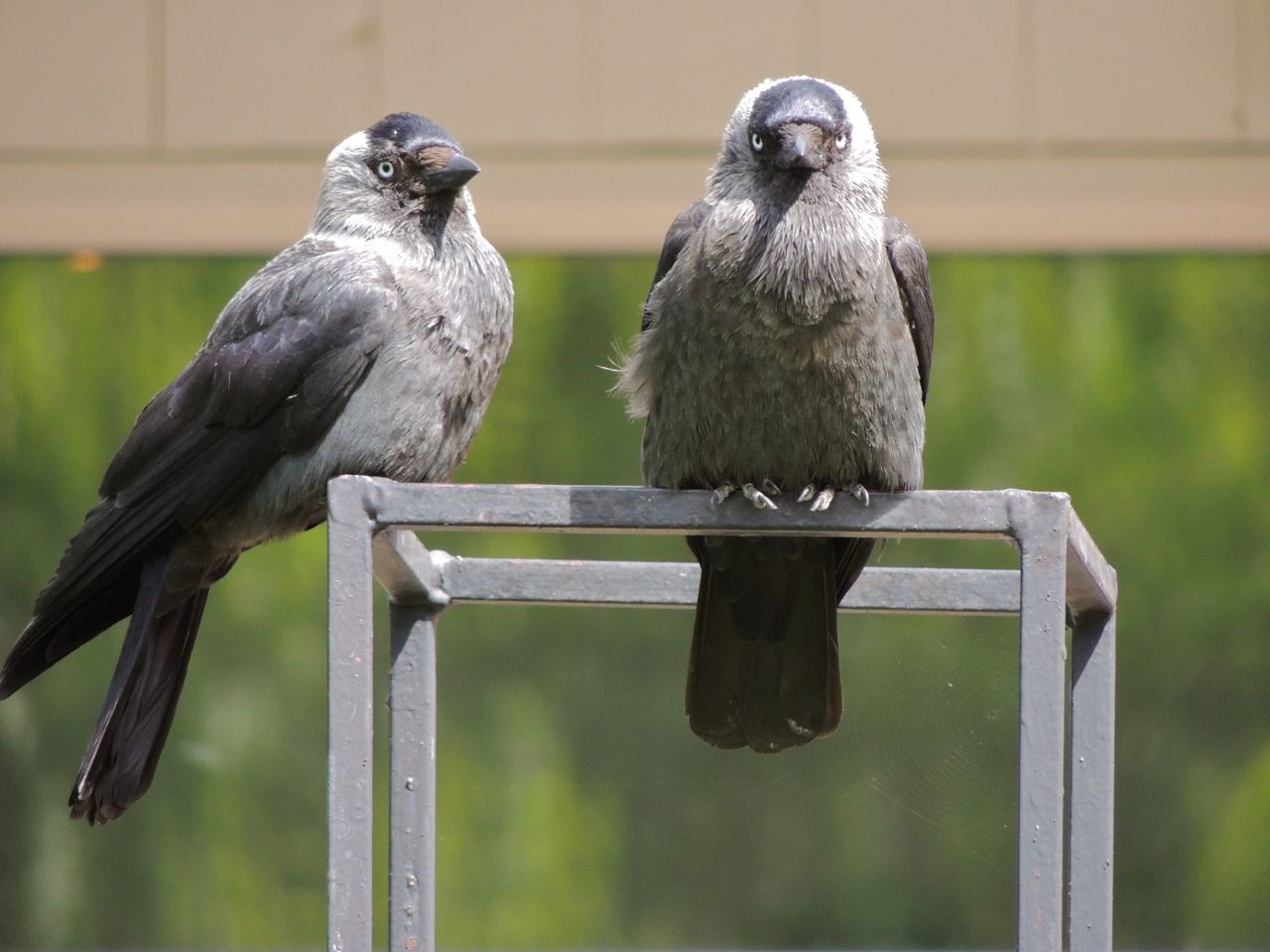
Rossini’s opera The Thieving Magpie and Richard Barham’s poem The Jackdaw of Rheims both tell tales of corvine theft and human misunderstanding.
Rossini’s opera is a convoluted tale with a plot of redemption. Full of familiar ingredients: love, class and seduction; arrest, sentence and finally the truth revealed. All ends well when a missing silver spoon is discovered in a magpie’s nest. The magpie just liked silver and really had no interest in a lovelorn maiden’s problems.
The Jackdaw in the Jacksaw of Rhiems is a frequent, if uninvited, table guest of the ‘Cardinal Lord Archbishop of Rheims’. The cardinal enjoys a good party and in a moment of complacency sets his ‘costly turquoise’ ring aside. The jackdaw hops down unseen and makes off with it. Too bad that it belonged to the cardinal because using his holy powers, ‘ He solemnly cursed that rascally thief!” The curses work and the Jackdaw, looking much the worse for wear, returns the ring. Much celebration follows and for his troubles and good Christian honesty “..The Conclave determined to make him a saint ”…they canonized him by the name of Jem Crow”.
The Gray Jay, is an endearing bird of boreal North America and is known as the Camp Robber. This name appears to have arisen not from folklore but from the contemporary experiences of campers, explorers and prospectors having their unguarded food grabbed. Robbing is in the eye of the beholder.
As a young teen I briefly raised a fledgling Magpie. Reputed to be easy to hand-rear, my friend and I took two youngsters from a nest, one each. I pedaled home with Herman (I was certain that mine was a male) crouched in a small cardboard box and teased my parents’ with a “Guess what I’ve got?”. When I lifted the lid Herman popped up like a Jack-in-the-box and raucously squawked: “Feed Me!” We did frequently as his natural parents would have and as promised, he gained weight robustly. His elegant pied plumage with its long black tail grew fast and his bright eye and dark business-like beak made him very handsome. The beak, it turned out, was formidable for one day he cocked his head and shot a stab at the shine of my eyes. He was fast; luckily I was faster. But I think that stab demonstrated the crow family’s fascination for shiny objects.
We let the two pet Magpies go together at a forest edge. They left us without hesitation and I hope they survived. If I have any regret it is for the heartlessness of me thieving a magpie.
These 19th Century birders (note: no binoculars or flashy jewelry) are making field notes on a magpie. We don’t see very many birders like this anymore.
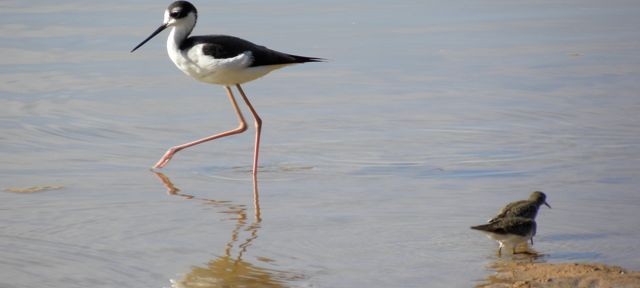
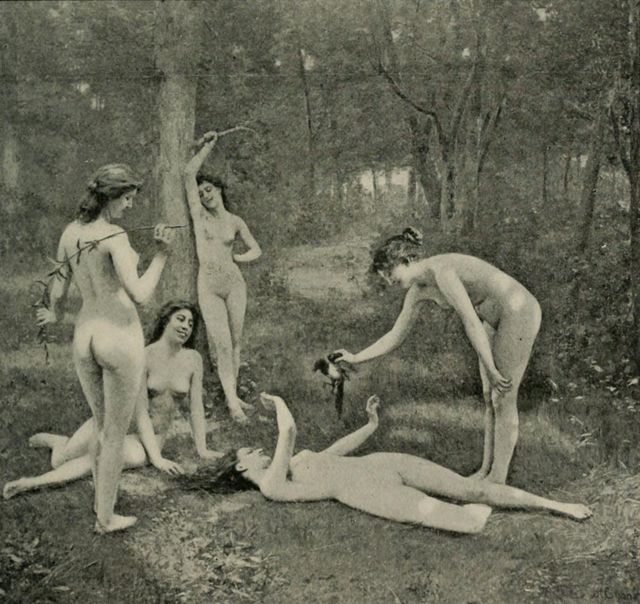
I have never had a bird as a pet but I have heard they make stronger connections with humans than dogs do. And I can believe it. This story made me gasp…. Oh no, she is stealing a baby bird from it’s natural habitat and parents. I could not help it. Especially here in Sri Lanka where baby elephants get stolen from the wild, and taken to Buddhist temples where they will live in chains their whole lives. It is cultural of course, so they have been doing this for centuries and probably will continue to do so. I am a huge animal lover and advocate. I get pretty upset in many places in Asia where I see birds in tiny cages, trapped and held in prison, rather than free as a bird, as they should be. Somehow people seem to have less sensitivity towards birds being trapped and caged. Compared with other wild animals. Anyhow, glad to read yours eventually went free and hopefully survived, but not too likely, as once wild life depends on humans then that becomes habitual
Beautiful photo!
Peta